Top Class Actions’s website and social media posts use affiliate links. If you make a purchase using such links, we may receive a commission, but it will not result in any additional charges to you. Please review our Affiliate Link Disclosure for more information.
Consumer Reports has found that Starkey Spring Water, manufactured by Whole Foods and sold at stores and on Amazon, contains high levels of arsenic.
Consumer Reports says it has recently tested numerous bottle water brands and found that Starkey had levels of arsenic ranging from 9.49 to 9.56 parts per billion, three times higher than the other bottled water tested. According to federal regulations, manufacturers of bottled water must limit the amount of arsenic to 10 parts per billion.
The organization also tested samples of Starkey Spring Water in 2019 and found levels of arsenic that went close to the federal limit. In that testing, Consumer Reports found that three samples ranged from 9.48 to 9.86 ppb of arsenic. Another sample registered at 10.1 ppb.
Consumer Reports says the findings show inconsistencies with how water is regulated in the United States. It states that health risks from arsenic can be seen below the federal limit of 10 ppb, which has caused two states, New Jersey and New Hampshire, to lower their limit to 5 ppb. However, these limits only apply to tap water, Consumer Reports maintains.
According to Consumer Reports, in December 2016, Florida ran tests on Starkey Spring Water and found it had 11.7 ppb of arsenic.
Florida regulators then notified the U.S. Food and Drug Administration, which in turn, spoke to Whole Foods about the issue. The FDA noted in their report to Whole Foods that there are possible long-term effects of having arsenic in water, including cancer, skin lesions, cardiovascular disease and diabetes.
Consumer Reports also notes that from late 2016 to early 2017, Whole Foods recalled more than 2,000 cases of Starkey Spring Water after regulators found a level of arsenic above the federally mandated number of 10 ppb.
In addition, Consumer Reports found that numerous popular bottled water brands have arsenic levels above 3 ppb.
The organization believes that the federal limit of arsenic in bottled water should be lowered to 3 ppb from 10 ppb.
A Consumer Reports investigation found that 11 brands out of more than 130 had detectable amounts of arsenic.
Six of those brands had levels of 3 ppb or higher.
Those brands were Starkey, Peñafiel, Crystal Geyser Alpine Spring Water, Volvic and two regional brands, Crystal Creamery and EartH₂O.
The Consumer Reports investigation was cited in an August 2019 Whole Foods class action lawsuit that claimed Starkey water is contaminated with arsenic. In that class action lawsuit, plaintiffs David Berke, Lorenzo Colucci and Vienne Colucci state that even though Whole Foods touts its water as “Protected, Pure, Unique,” it still contains high levels of arsenic.
The plaintiffs state that as early as 2016 and as late as June 2019, tests have shown Whole Foods Starkey Water had one of the highest levels of arsenic in the United States. The plaintiffs in the Whole Foods class action lawsuit say they paid a high price for the Starkey water because Whole Foods informed them its water was the healthiest and least-contaminated bottled water.
The plaintiffs say Whole Foods is in violation of California’s Unfair Competition Law and the Illinois Consumer Fraud and Deceptive Practices Act, and has had “unjust enrichment.”
According to Consumer Reports, another lawsuit was filed by Illinois siblings Lorenzo and Vienna Colucci against Whole Foods, claiming the Starkey Spring Water contains high levels of arsenic. The plaintiffs in that class action lawsuit state that had they known that the water contained high levels of arsenic, they would not have purchased the product.
Consumer Reports says individuals should start looking for the water quality test report from each company, which details the results of its own testing. The organization has gathered reports published through 2019 from some brands. They note consumers can also go to the company’s website to see whether it links to its own report.
The organization states arsenic gets into the water supply by way of eroding rocks and minerals as well as pesticides and municipal waste disposal. Because it is so omnipresent, it can get into foods and drinks.
Consumer Reports points to a 2017 study published in the journal Environmental Research that found a relationship between exposure of arsenic starting at 2 ppb and prostate cancer. The authors of that article went on to suggest that the 10 ppb limit by the federal government may not be protective for human health.
What do you think about the high arsenic found in Starkey bottled water? Leave a message in the comments section below.
ATTORNEY ADVERTISING
Top Class Actions is a Proud Member of the American Bar Association
LEGAL INFORMATION IS NOT LEGAL ADVICE
Top Class Actions Legal Statement
©2008 – 2024 Top Class Actions® LLC
Various Trademarks held by their respective owners
This website is not intended for viewing or usage by European Union citizens.

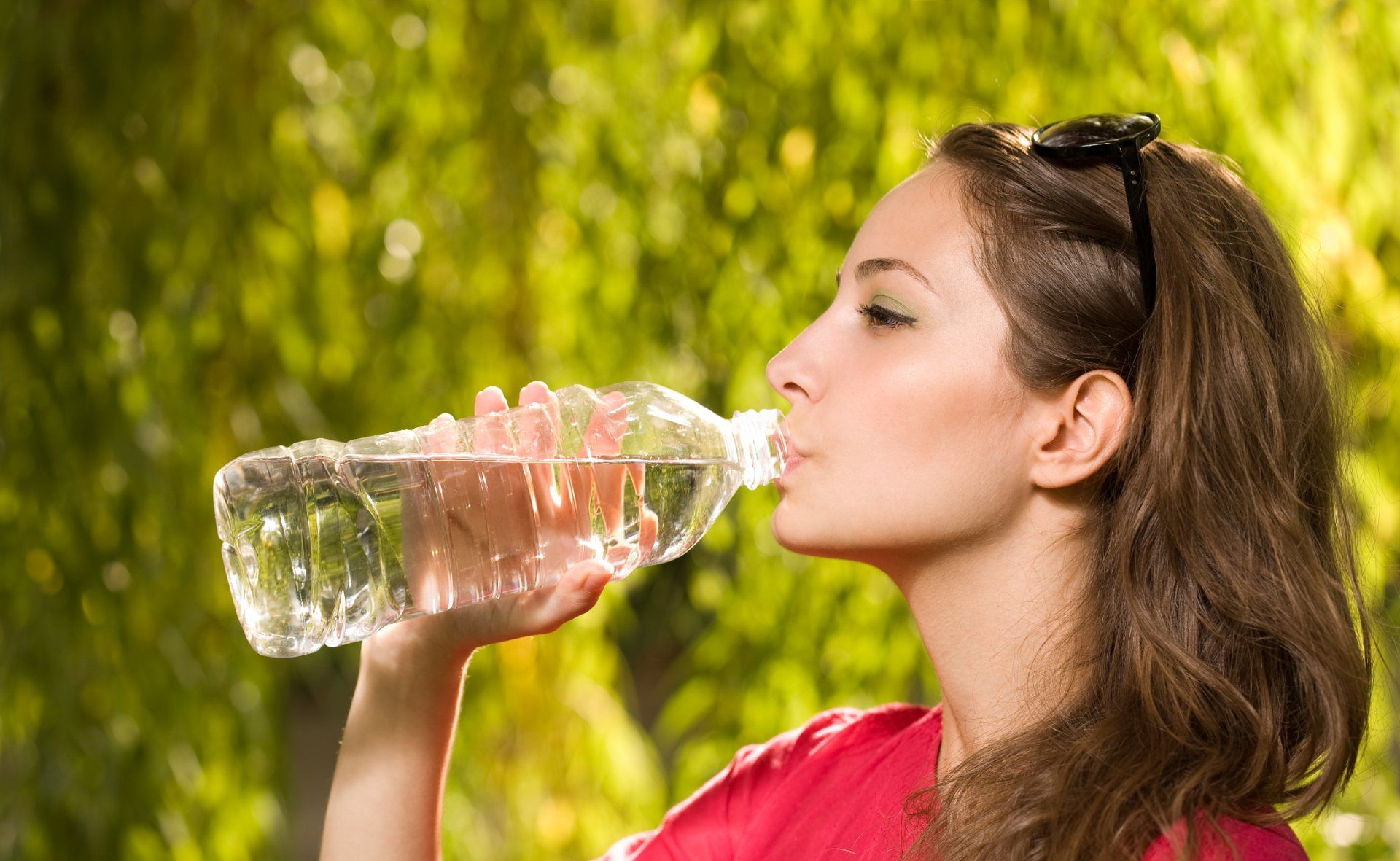
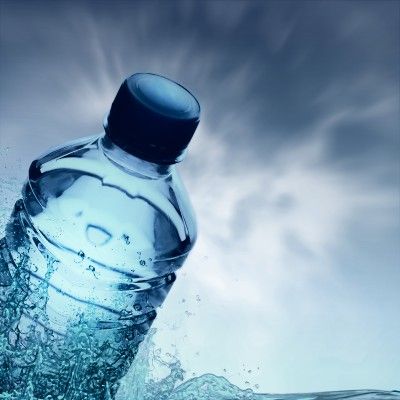


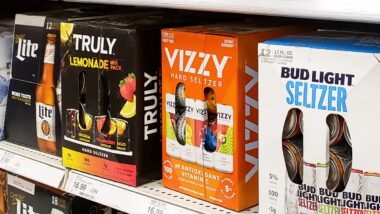
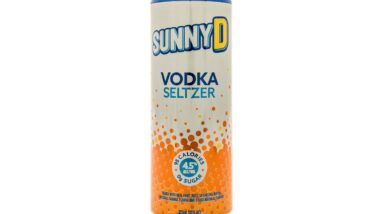


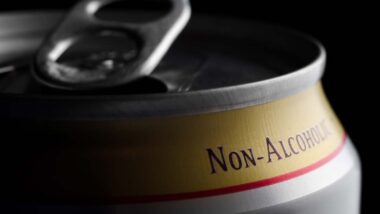
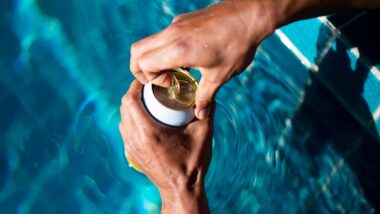
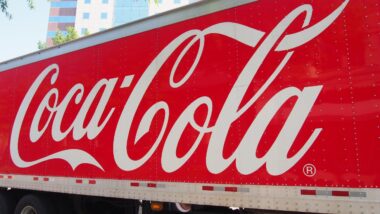




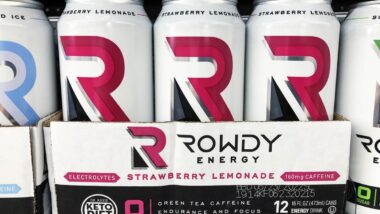
41 thoughts onConsumer Reports Study Finds Starkey Spring Water Contains Arsenic
I had no idea. Ive been drinking it for 2-3 yrs with plenty if health issues including Guillain-barre in the last year.
oh dear, that’s why it’s been on sale for the entire season at least. what to do; i just bought some today without knowing this. please add me
ADD ME
please add
Add me please I knew something was in the water started having a weird feeling every time I drank the bottled water, made me feel ? sick wow this is sad
Please add me
Holey Smokes!
How is the arsenic getting in there?
Isn’t it Regulated?
add me
Add please
Add me please